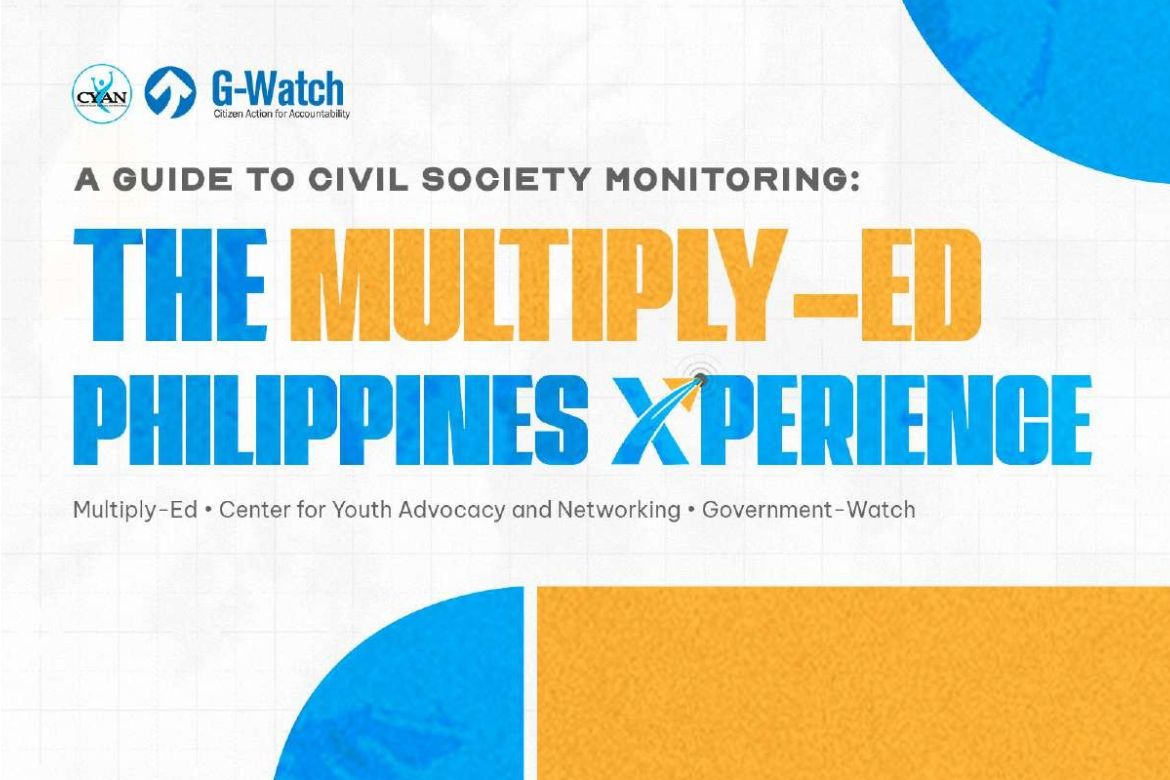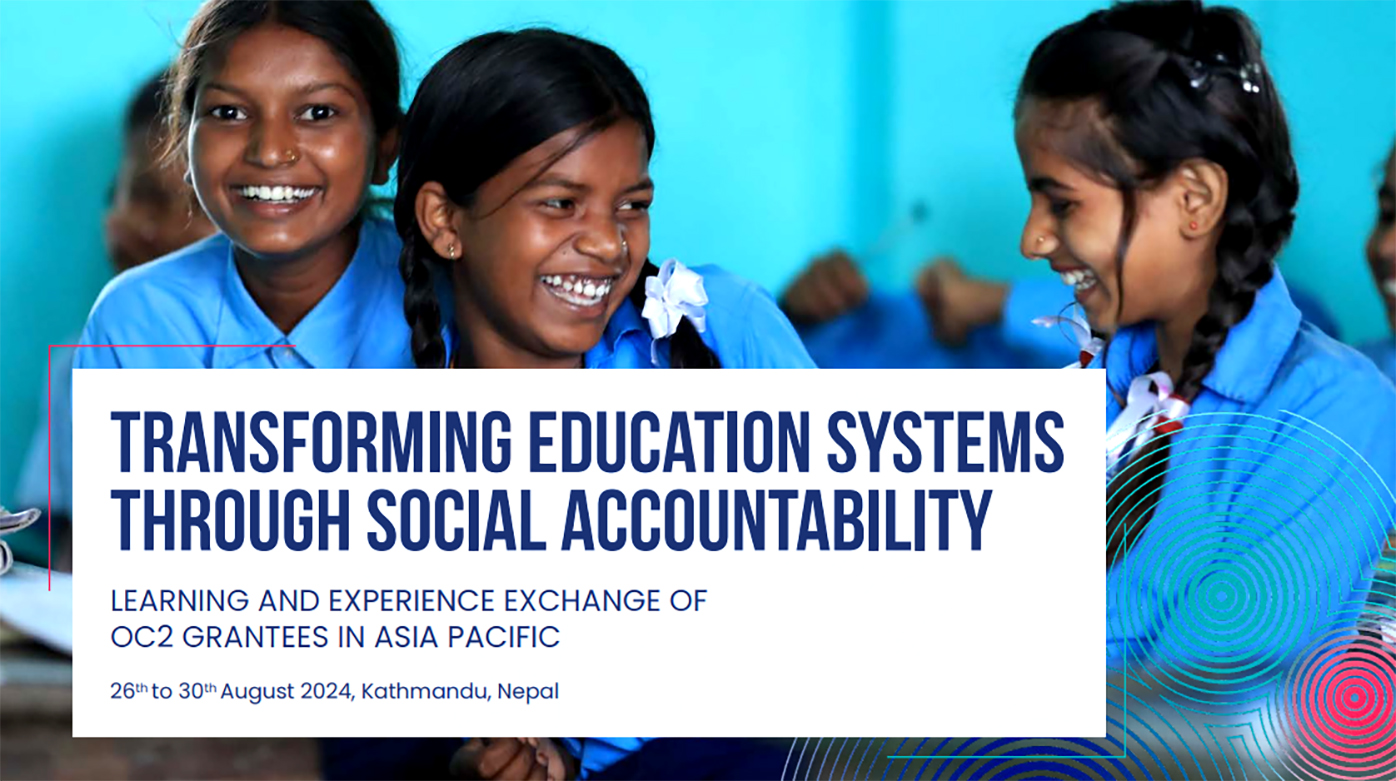Multiply-Ed’s Guide To Civil Society Monitoring
How can civil society organisations mend the failing education system of one of the most fragmented democracies in South-East Asia - does one collaborate with the government and mingle with select levels of decision making, or work outside the fence, pooling in alternative sources of power and channel participatory democracy?
Why not both, and at multiple levels? asks Multiply-Ed, a youth-led, multi-sectoral, and multi-level accountability initiative on public education supported by Education Out Loud and working in the Philippines.
Three years since it was established, led by Center for Youth Advocacy and Networking (CYAN) and Government Watch (G-Watch), Multiply-Ed’s extensive monitoring and advocacy activities in the Philippines on public education governance has resulted to numerous local and national victories in both advocacy and policy arenas. Among these victories, was the passage of a much-needed Mental Health Ordinance in Puerto Princesa City – in the middle of a mental health crisis heightened by the COVID-19 pandemic. And the inclusion of gender-responsive provisions in the Student Handbook in Pasig City, during a time when students of the LGBTQIA+ community are heavily discriminated against, primarily on dress code and worse, hairstyles.
Recognizing that a small team of young leaders can do so much to relieve the country of its issues, Multiply-Ed believes that it is also necessary to guide other similar civil society efforts to replicate the approach and create a multiplied momentum towards championing better governance.
To that end, Multiply-Ed has developed “A Guide to Civil Society Monitoring: The Multiply-Ed Philippines Experience”, a comprehensive yet simple step-by-step guide to Multiply-Ed’s take on employing civil society monitoring and other social accountability tools to promote education governance as a strategy towards Vertical Integration.
The guidebook elaborates the steps undertaken and the tools used to employ Vertical Integration in enhancing accountability in education governance and is a way to widen the scale of how social accountability is being done in the country and the world. Through this guide, similar civil society initiatives should be able to replicate Multiply-Ed’s recipe for a vertically integrated constructive accountability movement that can benefit education stakeholders around the world.

